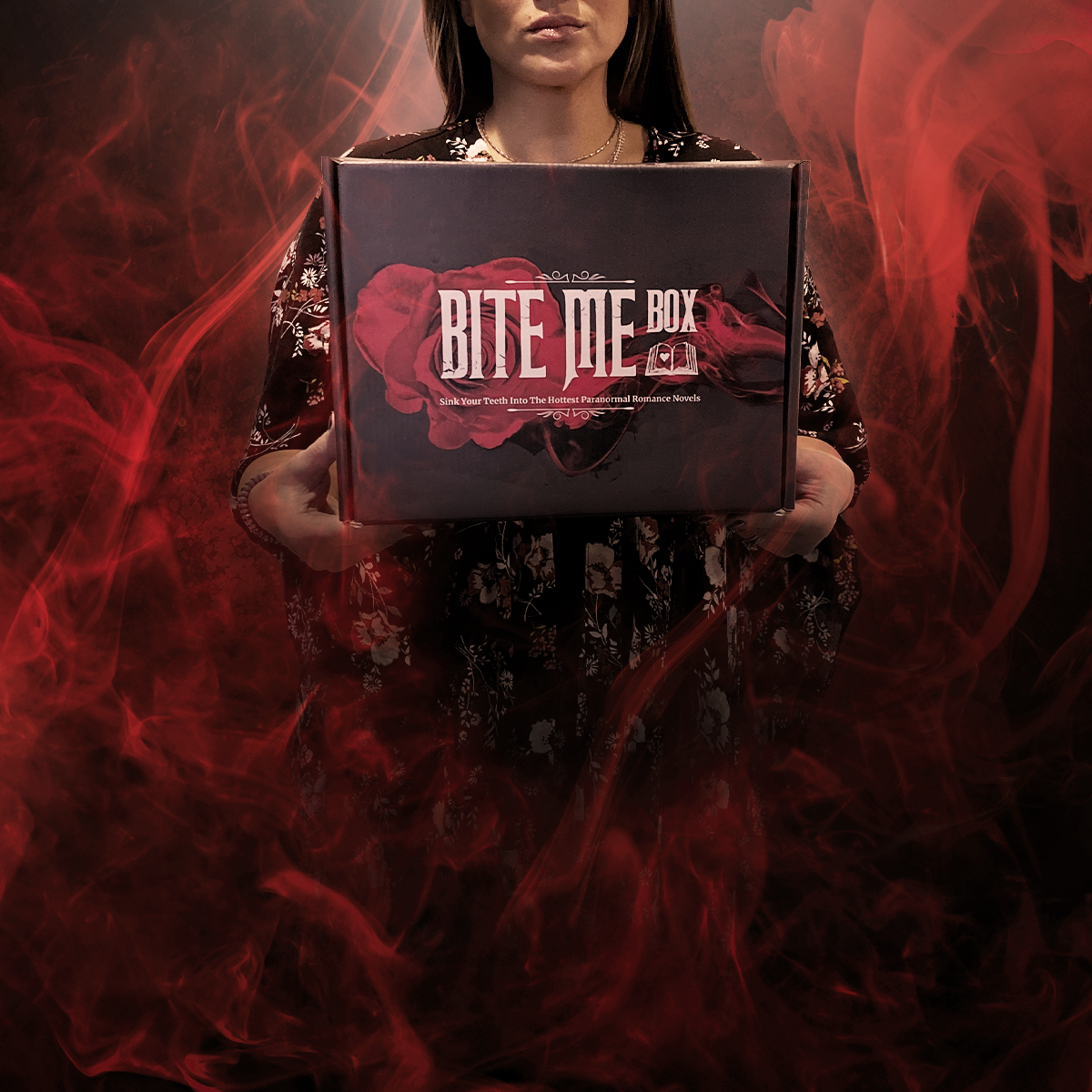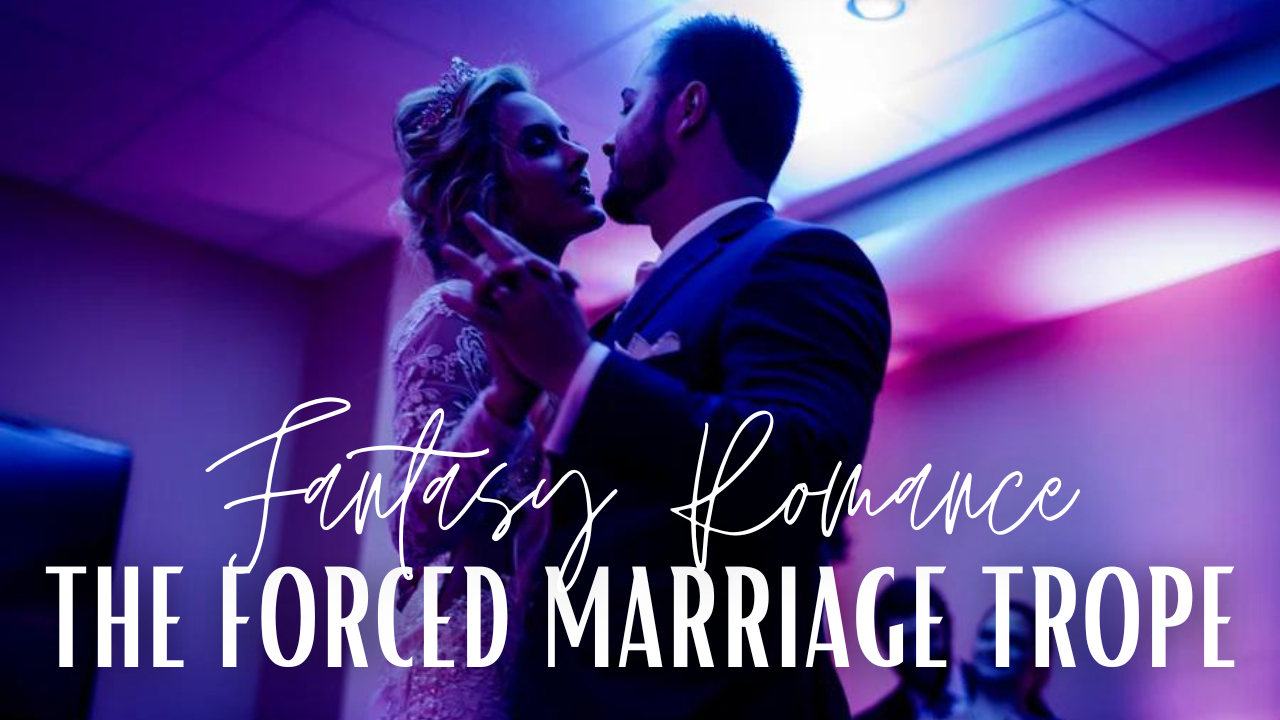The forced marriage trope is a staple in paranormal romance, urban fantasy, and fantasy romance genres. This plot device creates tension, conflict, and an avenue for character development, making it a favorite among readers. Here's a look at how it's used and why it's so captivating.
1. Political Alliances
In many fantasy settings, marriages are arranged to strengthen political alliances between rival factions or kingdoms. For example, in The Iron King by Julie Kagawa, forced marriages help cement alliances in a world of faeries. This creates a foundation for political intrigue and personal conflict as characters are bound by duty rather than love.
2. Magical Bonds
In paranormal romance, characters might be bound by a magical contract that forces them into marriage. This can lead to interesting dynamics as they navigate their forced union. Kresley Cole’s Immortals After Dark series often employs magical bonds to bring characters together, leading to a journey of discovering shared destinies and unexpected connections.
3. Prophecies and Chosen Ones
The chosen one trope sometimes includes a prophecy that foretells a forced marriage. This can add a layer of destiny and fate to the romance. A Court of Thorns and Roses by Sarah J. Maas features prophecies that affect romantic entanglements, intertwining the characters' fates and driving them toward a greater purpose.
4. Supernatural Politics
Urban fantasy often involves complex supernatural politics. Forced marriages can be a way to ensure peace or prevent war between different supernatural groups. Ilona Andrews’ Kate Daniels series showcases these power struggles, where characters must navigate their complex roles within their communities while managing their forced marital bonds.
5. Cultural Traditions
Different cultures within a fantasy world may have traditions that require marriage under specific circumstances. In Patricia Briggs’ Mercy Thompson series, werewolf pack traditions influence romantic relationships. These cultural mandates often place characters in situations where they must balance personal desires with communal expectations.
6. Captive Love
A character might be forced into marriage as part of being captured or taken hostage. This creates a Stockholm syndrome dynamic, as seen in Nalini Singh’s Guild Hunter series. The captive scenario intensifies emotions and forces characters to confront their feelings of love and loyalty under duress.
7. Protective Measures
In some stories, a character might be forced into marriage to protect them from a dangerous threat or prophecy. For instance, in Stolen Songbird by Danielle L. Jensen, the heroine, Cécile, is kidnapped and forced to marry a troll prince to break a curse and protect her from an impending doom. This forced union eventually leads to mutual respect and love as they navigate their perilous world together.
8. Cursed Unions
A curse might bind two characters into a forced marriage, adding an element of supernatural coercion. Gena Showalter’s Lords of the Underworld series features such cursed unions. The struggle to break the curse often leads characters to uncover deeper truths about themselves and their partner.
9. Secret Identities
In urban fantasy, characters might be forced into marriage to protect their secret identities. This can create a blend of romantic tension and mystery, much like in Jennifer Estep’s Elemental Assassin series. The need to maintain secrecy while developing a genuine relationship adds layers of complexity and suspense.
10. Revenge and Redemption
Forced marriages can also be a tool for revenge, with one character using the marriage to seek vengeance. Over time, this can evolve into a redemption arc, as seen in J.R. Ward’s Black Dagger Brotherhood series. The journey from vengeance to love highlights personal growth and the transformative power of genuine connection.
Why Readers Love It
The forced marriage trope offers a compelling mix of tension, conflict, and eventual romance. It allows characters to start in opposition and grow towards understanding and love. This journey is engaging and deeply satisfying for readers.
Tips for Writers
- Develop Strong Characters: Ensure both characters have strong, distinct personalities to make their eventual romance believable.
- Create Tension: Use the forced marriage to build tension and conflict that drives the plot forward.
- Show Growth: Let characters grow and change through their forced circumstances, making their eventual union feel earned.
- Use Subplots: Incorporate subplots that intertwine with the main forced marriage storyline to add depth.
- Balance Power Dynamics: Be mindful of power dynamics to avoid problematic portrayals.
The forced marriage trope, when done well, can lead to rich, complex stories that captivate readers from start to finish. Whether for political intrigue, magical bonds, or cultural traditions, this trope offers endless possibilities for drama and romance.



